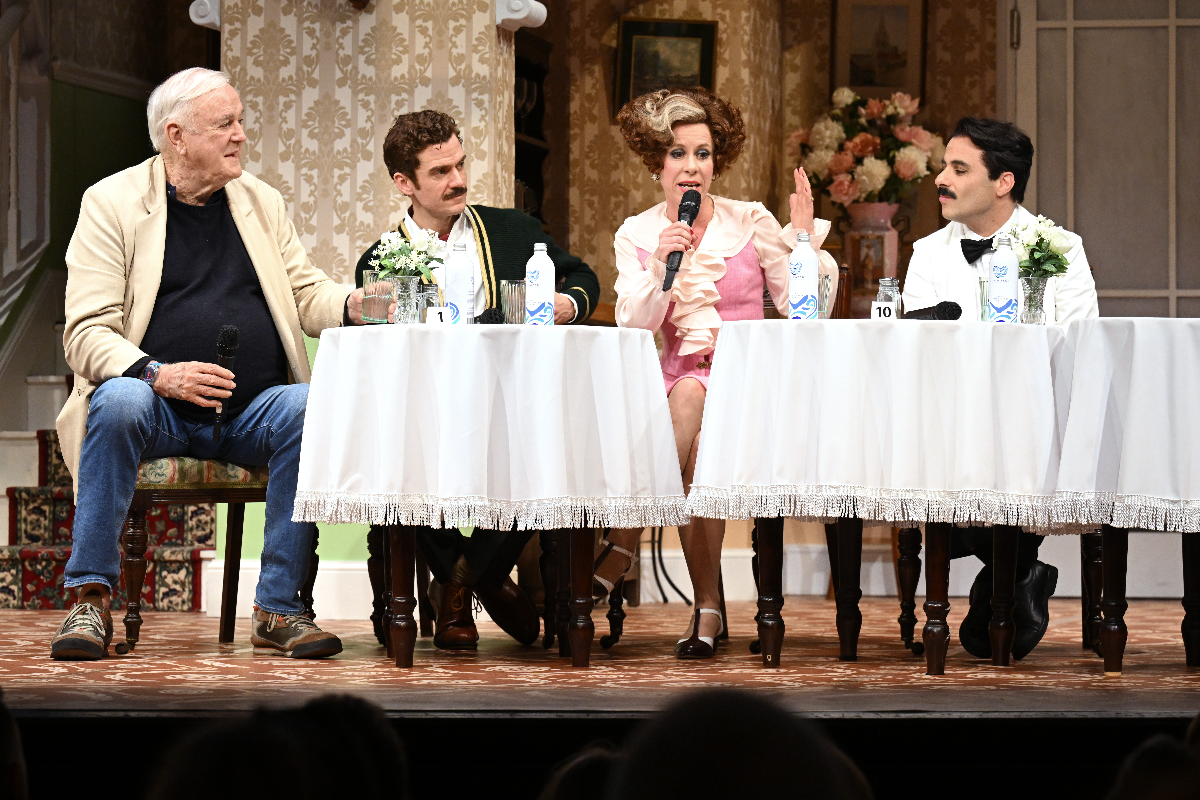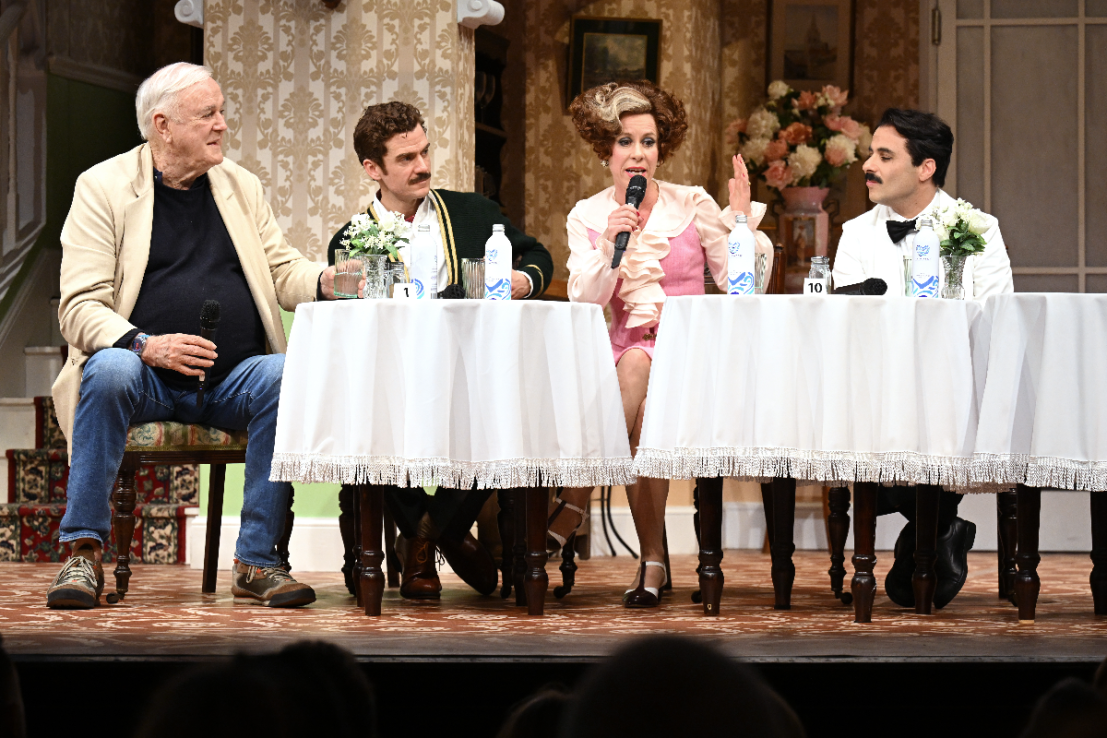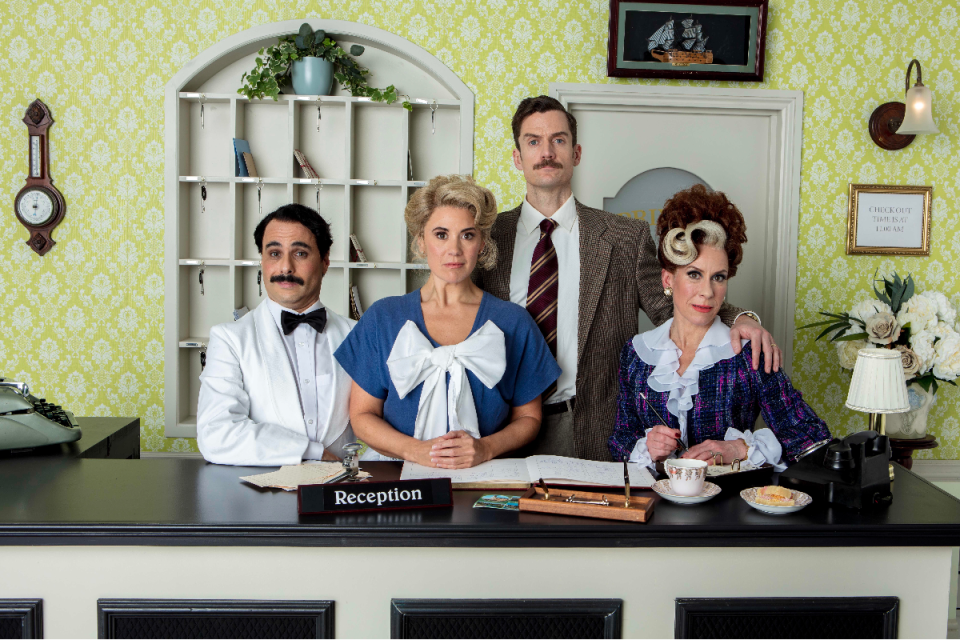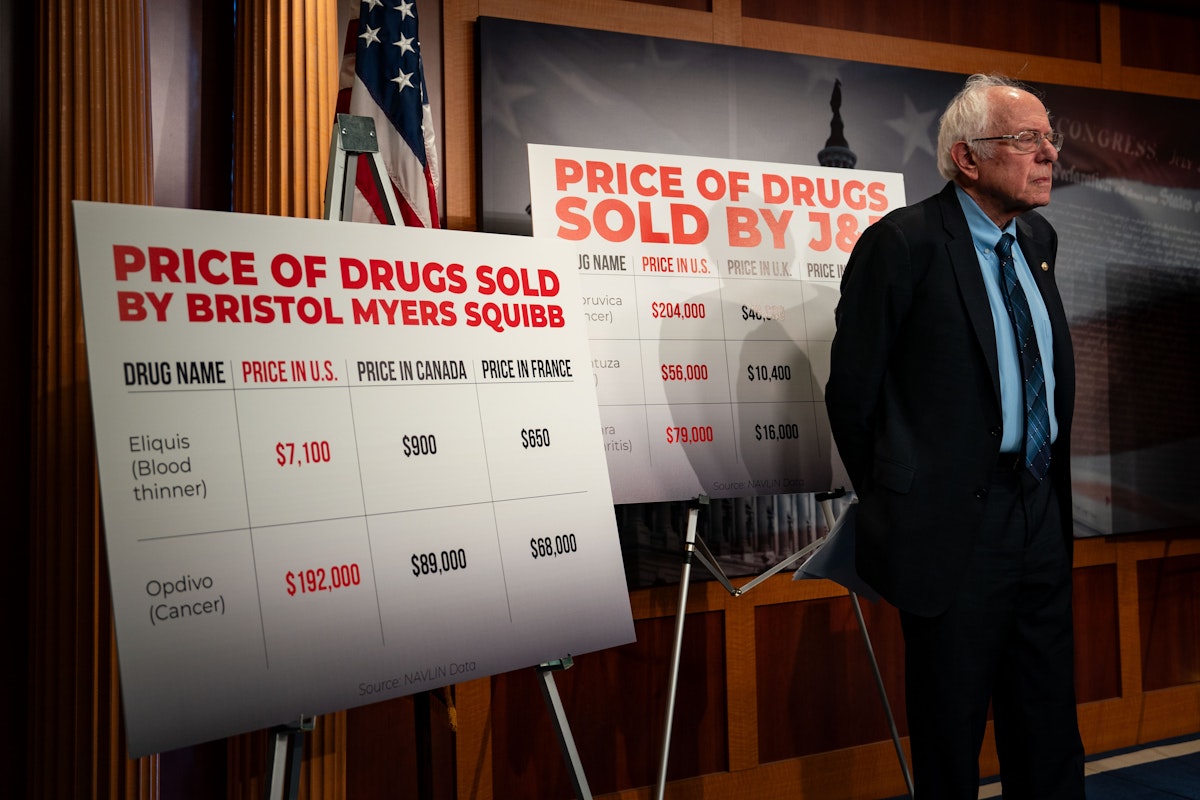John Cleese: Fawlty Towers goose-stepping scenes will amuse young audiences
John Cleese discusses Fawlty Towers as it prepares to launch in the West End


It’s been almost 50 years since Basil Fawlty first gesticulated angrily about his middling Torquay hotel, but this morning John Cleese re-birthed the iconic British comedy Fawlty Towers for a new era.
The 84-year-old, who has more recently positioned himself as a ring-wing talking head for GB News, got back to the comedy, not once mentioning the words ‘woke’ or ‘cancel culture’ as he posed on the stage of the Apollo Theatre with the cast of the first theatrical version of the farcical comedy, which begins previews tomorrow. Many of the actors wouldn’t have been conceived when the show was at its height of popularity in the 1970s.
The Fawlty Towers Play fuses plotlines from three episodes of the sitcom, The Germans, Communication Problems and Hotel Inspector, and ties them together with a new ending.
“Basil exemplified a certain kind of probably lower middle class figure, like the people that I grew up with in Weston Super Mare with their shoe shops,” Cleese reflected at the launch.
“For those people, it’s a terrible loss of face to be angry. In English, to say ‘he lost his temper,’ that means you lose something, you lose control.

“We’ve been infected by the American view that if you’re not rich or famous you’re a bit of a failure. No one in Weston Super Mare felt that. They were all having perfectly decent lives, and were all nice and polite and kind to people. The key to Basil of course is repression. Because people like that don’t want to lose their temper and everyone is trying to be polite and actually being angry isn’t funny, but suppressing anger is funny. That’s the big difference.”
The show, set in the 1970s, is dressed immaculately to match the look of the original TV comedy. It’ll draw criticism for lacking imagination and freshness; the characters recreating the skits from the show line-for-line, and blow-for-blow. But Cleese argues Fawlty Towers was always destined for the stage moreso than the TV.
“Farce is better in the theatre or anywhere else,” he says. “Sit in the middle of the stalls and see all the things going on at the same time. I think the experience of sitting in an audience… people laugh more than they ever laughed watching it [any farce] on television.”
Cleese hopes Basil actor Adam Jackson-Smith will make the role his own. “There are certain rhythms you’d have to use but more than that, I want him to make it more and more his part,” he said.
“I think it’s going to be tremendous, but I think it’s going to be tremendous in June when they know exactly how to play the thing. When you’ve got a comedy or a farce the audience becomes part of it, you’ve got to do it in front of an audience a lot of times before you get it exactly right.”
Most controversial will be the inclusion of storylines from The Germans episode in which Fawlty goosesteps in front of German visitors to the hotel. When asked about the inclusion, Cleese said “Basil’s insensitivity to the present generation will almost certainly be funny.”
Most excerpts have been left faithful to how they were in the Seventies, the only edit being to remove the N-word from one scene. Cleese said “literal-minded” audiences were the reason he culled the joke, because they don’t understand “irony.”
Fawlty Towers The Play, written and directed by John Cleese, begins on 4 May at the Apollo Theatre
Read more: The Fall Guy film review: Ryan Gosling hilarious in action comedy
Read more: Two Strangers (Carry a Cake across New York) review: Cosy, life-giving musical



